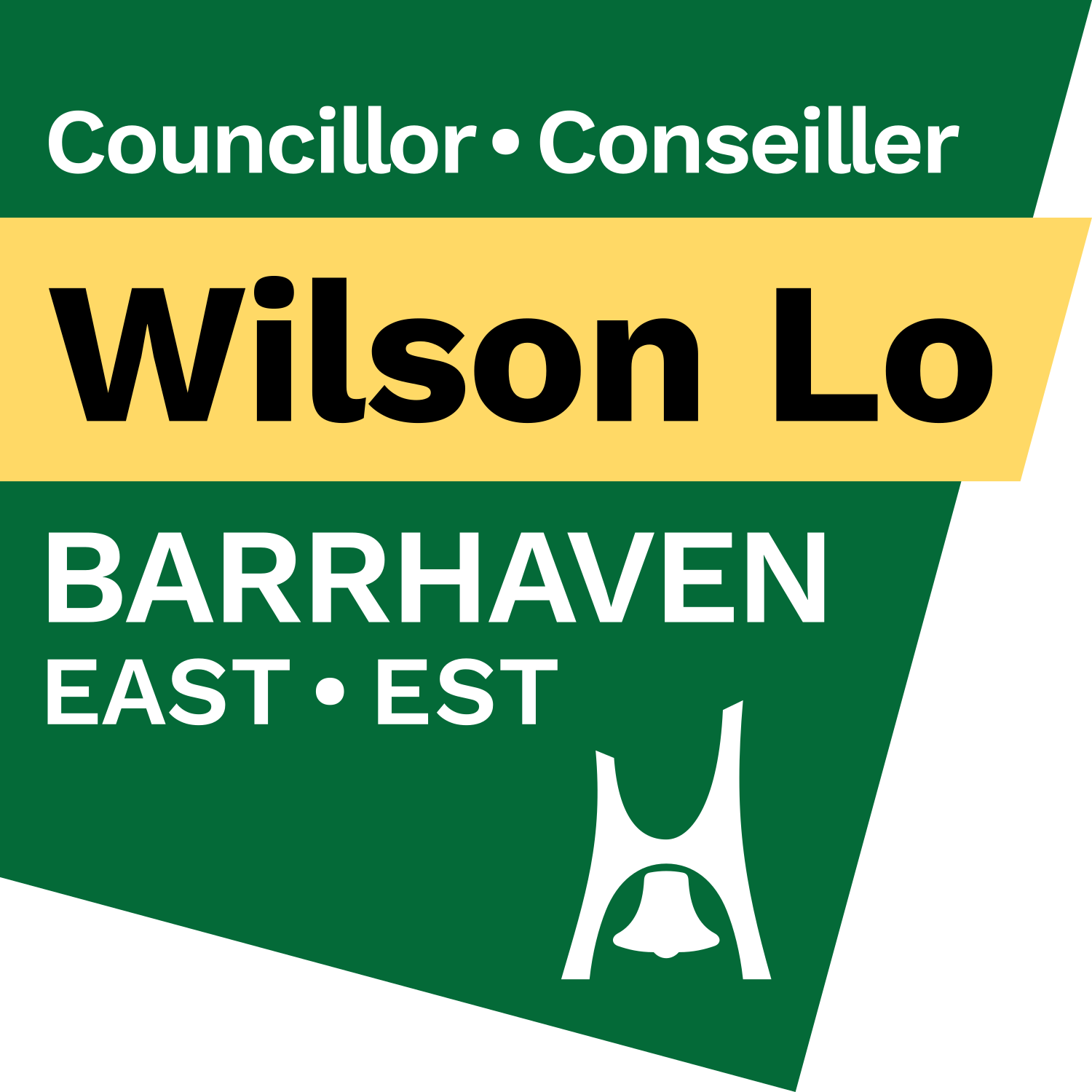Weekly newsletter: January 30, 2023
Hello, and welcome to another week!
I’ve received lots of feedback about snow clearing over the weekend. Good or bad, it’s all useful information, and I do thank residents for helping me keep on top of issues throughout the ward.
Unfortunately, the rapid succession of heavy snowfalls meant crews that would have shifted to snowbank removal were kept on snow clearing work duties.
This has been a record-breaking January in terms of snow accumulation, and I am grateful for the time and work staff and crews have put in to keep our streets as clear as they can.
Snowbank removal started up again and will shift to a 24/7 operation across the city to clear as much as possible before the next snowfall. Staff and I are aware most streets in the ward (and city) need some love.
Shifting gears, at the special transit commission meeting last week, I was the only Councillor to have voted against granting staff the approvals to accept federal funding and loans to purchase 350 battery electric buses over the next four years.
I support the city’s environmental goals and accept eBuses appear to be the way forward in service of that goal. However, a test fleet of four buses that have gone through just one winter does not simulate normal operations and is not enough data to justify a purchase with such heavy financial implications.
Even though the federal government’s loan has a forgiveness clause should the technology not work out, there’s ultimately one taxpayer. That taxpayer will end up footing the bill for these buses and replacement buses should the vehicles not meet expectations in the future.
A larger test fleet of 15 to 25 buses tested for three to five years closer matches reality, from a service and maintenance standpoint. For context, the Toronto Transit Commission has been testing a fleet of 60 eBuses for more than three years and are still opting against a large-scale purchase of eBuses for now.
We’re in a timeline parallel to the hybrid-electric bus purchase in the late-2000s. At that time, diesel hybrid propulsion for larger vehicles like city buses was still in its infancy.
The promise of fuel and cost savings sold the City Council of the day and we purchased 177 diesel electric hybrid buses - Those savings were never realised.
But the technology has evolved since, and hybrids are among the more effective alternate propulsion modes on city buses across the continent. Newer hybrids even come with a shut-off option at longer stops.
I’m not peddling hybrids - My point is we bought into new technology in the past, technology that’s evolved. We need to let battery electric buses evolve so we can justify spending nearly a billion dollars on an electrification programme.
In fairness, our eBus is performing well, exceeding expectations in some cases, but remember, the four buses are a year old and receive extra attention and care due to the novelty of the technology and the small size of the fleet.
There’s no arguing federal funding and loans will help us meet our emissions targets quicker than if we tackled it alone, and I understand new technologies ultimately need buy-in to be able to improve and evolve, but the loan is too great a risk at a time when the city should be more financially risk-averse.
With that, I wish you a great week ahead, and as always welcome any comments you may have.
- Wilson


